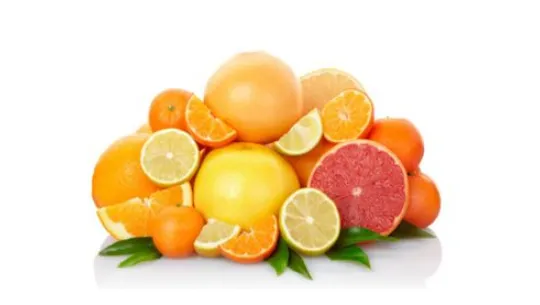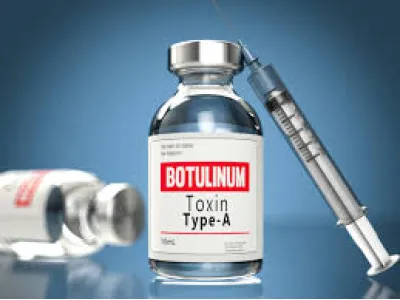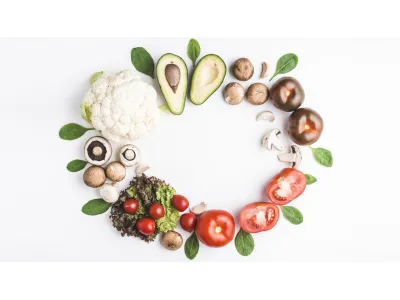Do the children should take food additives? When do they need them?

When your child is in the development, it is very important to proper nutrition. You must see that your child has a rich daily diet in fruits and vegetables, meat, fish, legumes. In addition, we need to take walks with our children out in the fresh air.
Sun exposure promotes the production of vitamin D. However, it is not always easy to have a balanced diet for your child , because maybe your child does not like to eat all the foods, like spinach and broccoli, which have nutritional value, but small children do not eat it. In order to give to your child a full diet, you can use supplements rich in vitamins A, C and D.
In addition, of course, we need dietary supplements in the following cases:
When there are difficulties in the use of all full balanced diet.
If your child does not eat all the food, you may need a dietary supplement to improve the nutritional value it receives. Do not forget that the supplement does not replace the products that your child will have, but it will certainly help.
After a cold or virus.
If your child is frequently ill and suffering from cough, colds, nasal congestion. Also, if your child has chronic asthma or diabetes, multivitamins can help restore or improve the situation.
In strict diets.
For children who follow a strict diet, for example, vegetable diet, it is often necessary to supplement their diet with food supplements rich in iron, zinc and vitamin B12. Similarly, a child who is allergic to milk and dairy-free diet should of course need a supplement rich in calcium.
Children whose parents are not able to offer them relevant products.
There are times when a child may have poor nutrition (eg, children who are victims of a lack of parental attention).
Children and adolescents with eating disorders (anorexia or bulimia, food neophobia, selective or chaotic diet). In children and adolescents, in addition to physical development, and developing the identity of the child or adolescent. There are cases where children are using food as a weapon to achieve what they want. Many children refuse to try new products (food neophobia), or have no appetite, or children, whose parents do not give them nutritious foods appropriate for their age (for example, give them lots of crisps, sweets, etc.), or suffer from anorexia or bulimia, (when the child is malnourished or deliberately reduces the absorption of nutrients, causing vomiting).
How to choose the right supplement for your child?
To find the correct vitamin for your child, you should consult with your pediatrician. There are many kinds of additives in various forms (capsules, chewable tablets or syrup), and various flavors (strawberry, orange, etc.).
Six of the best vitamins and minerals for children.
All the vitamins and minerals are important, but some of them are particularly important for child development.
Vitamin A enhances normal growth, regeneration, and restoration of the skin and bone, and finally, promotes healthy skin, eyes and immune reactions of babies. Good sources include milk, cheese, eggs and colored vegetables such as carrots, beans and zucchini.
Vitamin B The family of B vitamins (B2, B3, B6 and B12), increases metabolism, energy production and the presence of a healthy circulatory and nervous system. Good sources are meat, chicken, fish, nuts, eggs, milk, cheese and beans.
Vitamin C promotes healthy muscles, connective tissue and skin. Good vitamin sources are citrus fruits, strawberries, kiwi, tomatoes and green vegetables such as broccoli.
Vitamin D promotes the formation of bones and teeth and helps the body to absorb calcium. Good sources are associated with milk, cheese, yogurt (especially fortified dairy products), egg yolks, and fish oil.
Calcium helps build strong bones, along with the development of the child. Calcium can be found in milk, yoghurt, cheese, orange juice products fortified with calcium, as well as nuts
Iron builds muscle and is necessary for the production of red blood cells. This is especially important for girls because of menstruation. A good source is beef and other red meats, turkey, pork, eggs, spinach, beans and prunes.
Beeovita offers:










